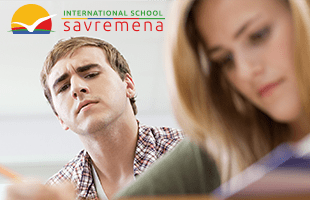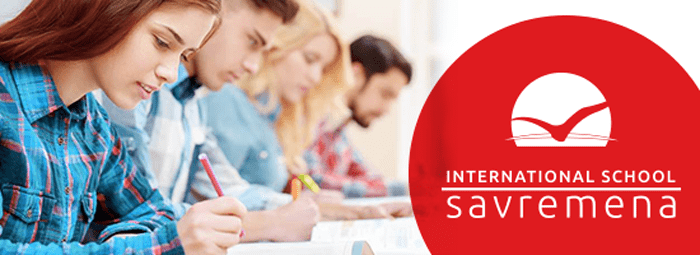
Cheating and copying are quite frequent at schools. Despite all of the teachers’ efforts, students use various methods to cheat and it's difficult to root out.
Have you ever asked yourself why that is? Is our approach to the issue perhaps inadequate? If we supervise, forbid or punish it and fail to raise the awareness of students on the reasons for why cheating is wrong, are we really changing their minds about it?
 Cheating is often thought of as wrong because it breaks certain rules and because teachers tend to take it personally. But in order for students to understand why cheating is wrong, they should know and understand the reasons that make it wrong.
Cheating is often thought of as wrong because it breaks certain rules and because teachers tend to take it personally. But in order for students to understand why cheating is wrong, they should know and understand the reasons that make it wrong.
You should explain to them that:
- Copying and cheating in tests is very similar to lying. Regardless of whether they are copying from someone else or the Internet, the student is claiming that something is their original work even though it’s not.
- Assuming the work of someone else is equivalent to stealing. When they copy from someone, students steal someone else’s words and work and pass it off as their own.
- Cheating and copying in tests is not the right thing to do. It’s not right by the students who actually studied or by the teacher.
- Those who copy and cheat are just masking their lack of knowledge. By hiding their insufficient knowledge, students are just lowering their chances for success in different fields.
- A student who cheats or copies shows that they don’t understand the fact that education is so much more than just memorising facts and solving problems, because it is also there to help us learn about ourselves and find our place in society so that we can be happy and successful.
- Students who copy or cheat devalue their diploma. When you know that students receive high marks by copying or cheating at a school or faculty, the diploma awarded by that institution becomes less valuable on the job market and in society compared to diplomas awarded by institutions where a mark is an objective estimate of the student’s knowledge and effort.
- Copying and cheating betrays trust. It only takes one instance of cheating or copying to betray the trust of a teacher and even if the student never does it again, it’s very difficult to restore the trust that was placed in them.
- Cheating and copying leads to a continuous cycle. For example, when a student doesn’t learn the introductory materials for a test, it’s more likely that they will copy at their subsequent test rather than make up for what they missed. It is therefore much easier and beneficial to learn everything on time.
- Copying and cheating does not end at school. It continues even later, at university and even at work. It becomes a character trait.
- Copying and cheating is stressful.
 The reasons with which students justify cheating are different. Some of them include:
The reasons with which students justify cheating are different. Some of them include:
- They don’t see cheating as something serious.
- They justify cheating by explaining it as a team effort.
- They view the materials they learn as boring, useless and too demanding.
- They don’t see a point in learning.
- They are overwhelmed with a large amount of information they are supposed to remember.
- They are not motivated to learn.
- They are learning for a mark that can easily be attained through cheating or copying.
- They don’t pay attention to lessons.
- They don’t see the value of learning and knowledge in society.
- Everyone else is doing it too and they don’t get caught.
- They don’t think a particular subject is important.
- They can’t find the time to learn.
- The expectations of their parents are too high.
Start with the reason that students most often cite in order to justify their cheating and try to motivate them not to do that again. Here are a couple of suggestions to motivate students not to copy or cheat:
- The knowledge they receive at school is useful and in fact necessary, no matter how much it doesn’t seem like it. If they don’t acquire it now, they will have to invest their time in it later on.
- They will need the knowledge they acquire now at work in order to successfully complete their work assignments. They will also need it in life in order to successfully overcome the challenges that lie ahead.
- Tests and assessments are there to evaluate their knowledge at a given time and if students cheat or copy, they will not receive realistic feedback from the teacher on their knowledge so that they will not be able to advance in learning.
- When they achieve something by putting effort into it, they will feel more confident and accomplished.
- If they were an employer and if they found out that the candidate they are interviewing cheated and copied while at school, would they really hire them?
Author: Tijana Rajić
Literatura:
- Bouville, M. (2009). Why is Cheating Wrong?. Studies in Philosophy and Education, 29(1), pp.67–76.
- Pbskids.org. (2016). It's My Life. School. Cheating. Why It's Wrong | PBS Kids GO!. [online] Available at: http://pbskids.org/itsmylife/school/cheating/article5.html [Accessed 28 Feb. 2016].
- Witmer, D. (2016). 10 Things You Should Tell Your Teen About Why Cheating is Wrong. [online] Verywell. Available at: https://www.verywell.com/reasons-why-cheating-is-wrong-2609548 [Accessed 29 Feb. 2016].

















